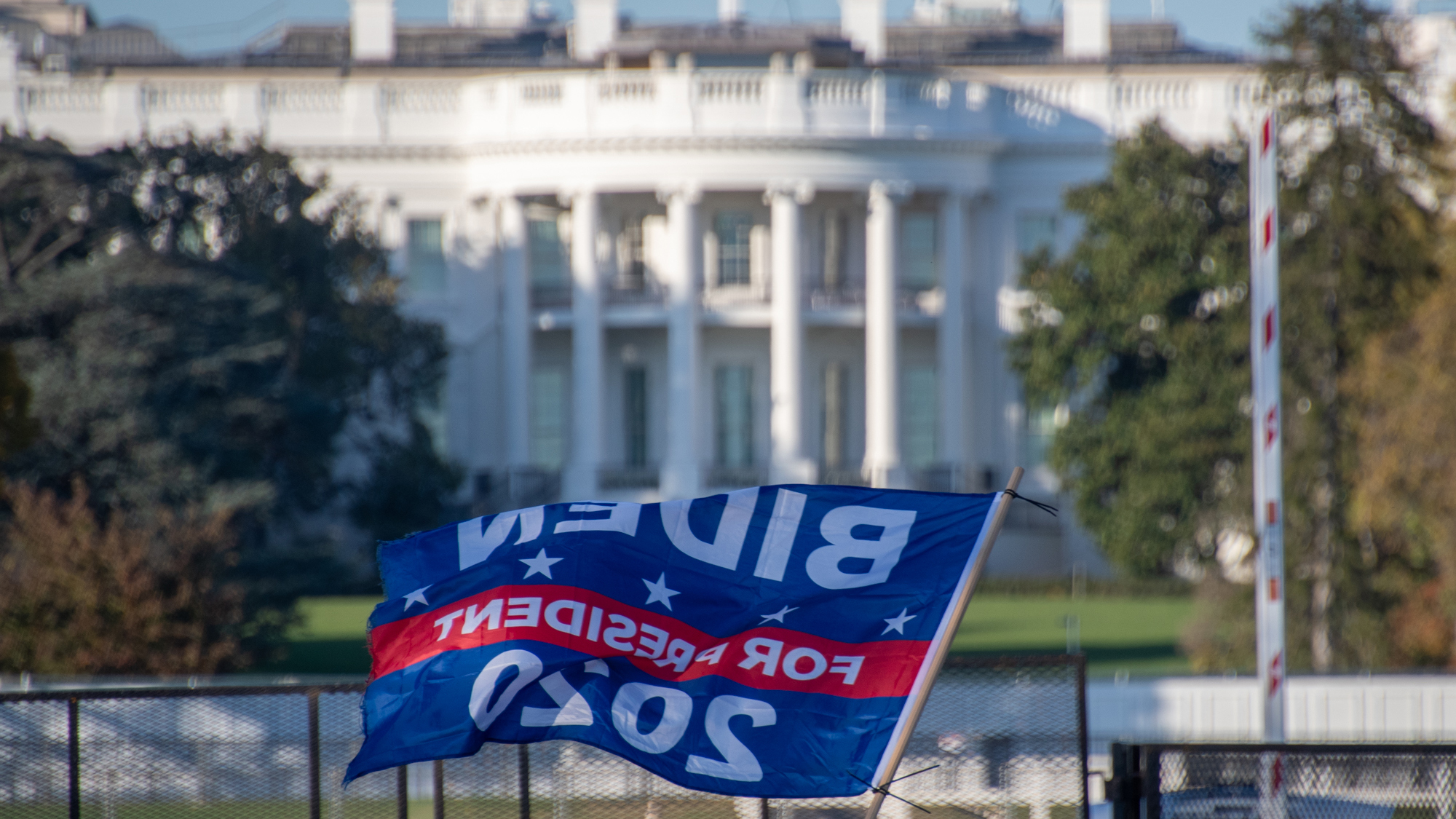The U.S. Department of Education announced Tuesday that undocumented and international college students will be eligible for pandemic relief grants, reversing a previous policy from former President Donald Trump’s administration.
The policy reversal comes as the department announced the allocation of more than $36 billion in emergency grants for postsecondary education. The funds are coming from the American Rescue Plan, the $1.9 trillion economic stimulus package that passed in March. The university has been projected to receive about $58 million in funding from the package.
Similar to previous coronavirus stimulus packages, the federal government requires institutions to distribute about half of the funds it receives to emergency financial aid for students. This new round of funding is the first time all college students will be eligible for such aid, including undocumented and international students.
“These funds are critical to ensuring that all of our nation’s students – particularly those disproportionately impacted by the COVID-19 pandemic – have the opportunity to enroll, continue their education, graduate, and pursue their careers,” Education Secretary Miguel Cardona said in a release Tuesday.
[UMD hires coordinator for immigrant and undocumented student life]
The department is also encouraging institutions to prioritize distributing funds to domestic students with “exceptional need,” including refugees, “Dreamers” and other DACA recipients, according to an FAQ document released by the department.
Students who did not fill out the Free Application for Federal Student Aid but were enrolled in a higher education institution during the COVID-19 national emergency will also be eligible under the new guidelines, the document said.
The press release also explains that of the $36 billion, $2.6 billion will be going to HBCUs, $190 million will be going to Tribally Controlled Colleges and Universities, more than $10 billion will go to community colleges and $6 billion will go toward “minority-serving institutions such as Hispanic-serving institutions” and “Asian American and Native American Pacific Islander-serving institutions.”



